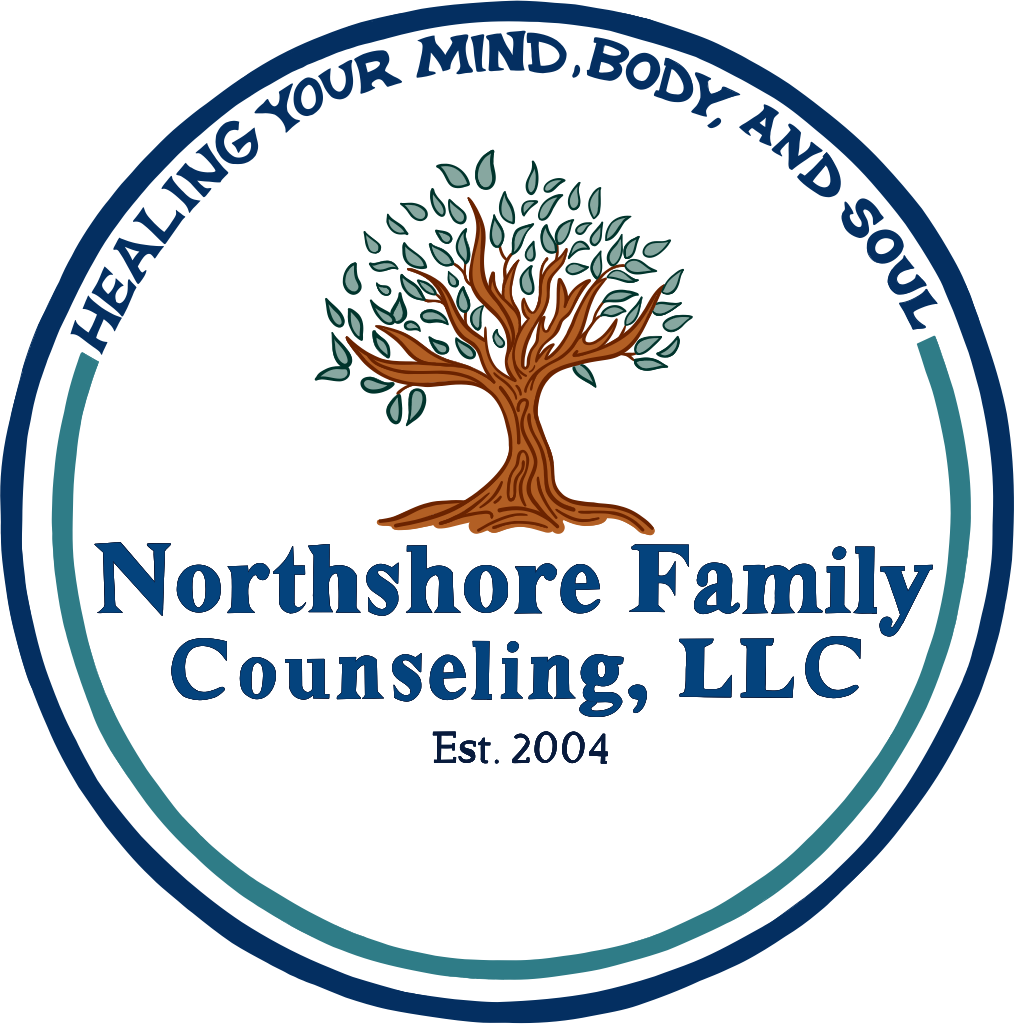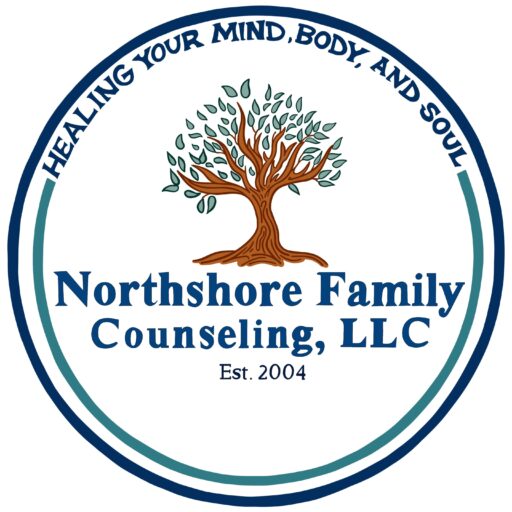In our journey through life, we often encounter moments that challenge us, push us to our limits, and sometimes, bring us to the brink of despair. In these moments, the value of support cannot be overstated—a kind, listening ear, an empathetic soul who can hold our stories without judgment and guide us back to our path. This support can come in many forms, but one of the most profound and transformative can be found in the professional guidance of a therapist. Whether it’s individual therapy, couples counseling, or another form of counseling, these services offer a beacon of hope and a roadmap to personal growth and relationship healing.
The Transformative Power of Therapy and Counseling
The essence of therapy lies in its ability to serve as a catalyst for personal change and healing. A therapist is not just a passive listener but an active participant in your journey toward self-discovery and improvement. Through the therapeutic process, whether it be in individual therapy or couples counseling, clients learn to navigate their internal landscapes, uncovering and addressing the roots of their challenges.
Couples counseling, in particular, offers a unique space for partners to explore and understand the dynamics of their relationship. It’s a therapeutic approach that not only focuses on the individual but on the couple as a unit, striving to unravel the complexities of interpersonal relationships and fostering a deeper connection between partners.
Similarly, counseling in its various forms—be it individual counseling, group counseling, or family counseling—provides a structured environment where individuals can explore their thoughts, feelings, and behaviors in a safe and supportive setting. A counselor’s role is to guide this exploration, helping clients to gain insights into their lives and make meaningful changes.
The Role of a Therapist in Individual and Couples Counseling
In both individual therapy and couples counseling, the therapist’s primary role is to facilitate a space where clients feel seen, heard, and understood. The therapist acts as a mirror, reflecting the client’s own wisdom back to them, and as a guide, pointing out paths forward that may not have been visible before. This supportive relationship is the foundation upon which clients can build their journey toward healing and growth.
Ten Ways Therapy Can Illuminate Your Path to Self-Actualization:
- Accountability Through Therapy: While not the primary focus, therapy supports you in maintaining accountability across various aspects of your life, from behavior to thoughts, emotions, and relationships. Engaging in regular sessions can set the foundation for a routine conducive to growth and healing.
- Cultivating Honesty: The safe, confidential environment of therapy invites you to confront your truths, perhaps aspects of yourself you’ve long denied or avoided, with an impartial third party fostering a deeper self-honesty.
- Uncovering the Unconscious: Like the process of learning a route by heart, therapy helps bring to light the knowledge that lies buried in our unconscious, enabling us to face our fears, tackle suffering, and heal from past traumas.
- Modeling Healthy Relationships: The therapeutic alliance, though professional, offers a model for healthy relational dynamics, teaching you valuable lessons about building positive relationships outside the therapy room.
- Facing Repressed Realities: Therapy provides a safe space to confront painful experiences you might have repressed, reducing their hold over you and facilitating emotional release and healing.
- Equipping You for Life’s Challenges: Therapy arms you with the tools needed to approach life’s hurdles differently, enhancing social skills, coping mechanisms, and more, for a fuller, more resilient existence.
- Understanding Your Thought Processes: By examining how you respond to events—both physically and mentally—therapy guides you in identifying and altering destructive thought patterns, paving the way for healthier mental habits.
- Fostering Healthy Habits: Therapy encourages introspection and action towards establishing healthier routines, crucial for transformative life changes and well-being.
- Exploring Meaning and Passion: Therapy offers a space to break free from the monotony of daily life, helping you find or rediscover what truly brings you joy and fulfillment.
- Learning Self-Love: Essential for genuine relationships with others, therapy assists you in embracing self-love, teaching you to see yourself through a kinder, more accepting lens.
The journey through therapy or counseling, whether it’s individual therapy, couples counseling, or any other form of counseling, offers a profound opportunity for personal growth, healing, and transformation. A therapist or counselor acts not just as a guide but as a partner in your journey towards understanding yourself and your relationships better. The process is deeply personal and can vary in length and intensity, but it consistently provides a confidential and supportive environment where change can truly begin. Engaging in therapy or counseling signifies a brave step towards confronting challenges, embracing self-discovery, and ultimately forging a path towards a healthier, more fulfilled life. Whether you are navigating personal struggles, relationship issues, or seeking deeper insights into your behavior and patterns, therapy and counseling can offer the tools and perspectives necessary to facilitate meaningful change and promote a sense of well-being that radiates into every aspect of your life.
Frequently Asked Questions (FAQs)
- What should I expect from my first therapy or counseling session?
- In your first session, whether it’s for individual therapy or couples counseling, expect to discuss your goals for therapy, any pressing issues you’d like to address, and to start forming a therapeutic alliance with your therapist or counselor. It’s a time for mutual understanding and setting the stage for future work.
- How do I know if I need individual therapy or couples counseling?
- If you’re struggling with personal issues, feelings of depression, anxiety, or other internal conflicts, individual therapy might be right for you. If you’re experiencing relationship difficulties, communication problems, or feel disconnected from your partner, couples counseling can be beneficial.
- How long does therapy or counseling usually last?
- The duration of therapy or counseling varies widely depending on individual needs, goals, and progress. Some clients see significant improvements in a few months, while others may engage in therapy for longer periods.
- Is everything I say in therapy or counseling confidential?
- Yes, therapists and counselors are bound by confidentiality laws and ethics to keep everything discussed in sessions private, with few exceptions related to safety concerns.
- Can therapy or counseling really help me change?
- Absolutely. Therapy and counseling provide the tools, insights, and support needed to foster personal growth, heal from past traumas, improve relationships, and make meaningful changes in your life. The commitment to the process is crucial, and a therapist or counselor can guide you through this transformative journey.
Whether you’re considering individual therapy, seeking support through counseling, or hoping to strengthen your relationship with couples counseling, remember that taking the first step is a sign of strength. It’s the beginning of a rewarding journey toward understanding, healing, and growth.
- About the Author
- Latest Posts
At Northshore Family Counseling, we are passionately committed to providing clinically competent counseling to the Northshore community and surrounding areas. Our goal is to guide individuals, families, and couples on a journey of self-exploration and growth, empowering them to live life to its fullest potential. Serving the areas of Slidell, The Northshore, and Greater New Orleans, we extend our support to children, adolescents, adults, couples, families, and churches.







